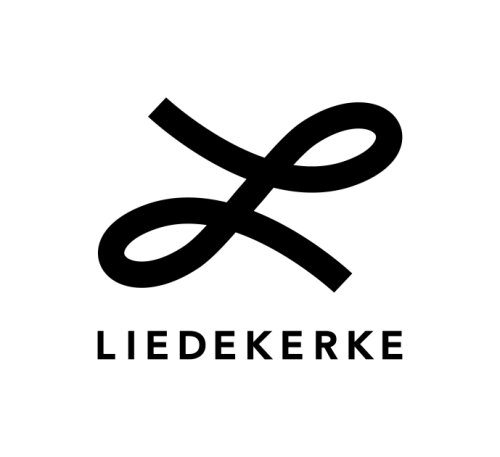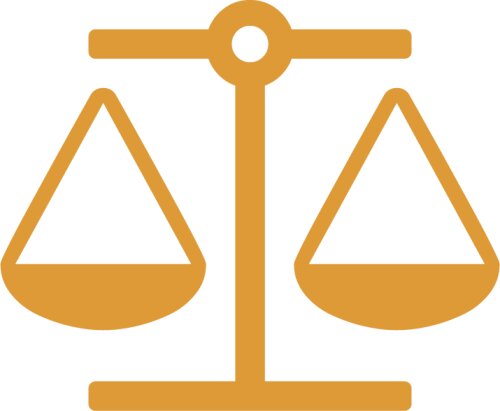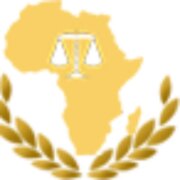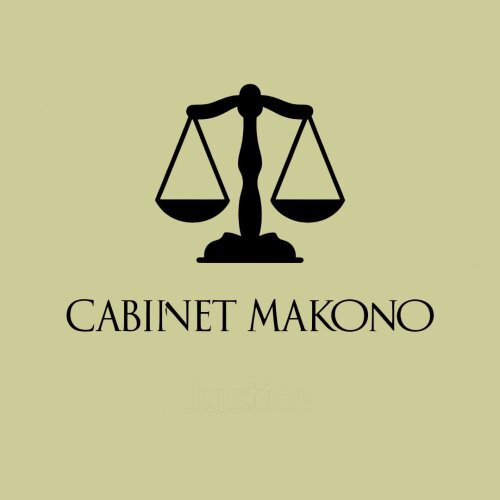Best Conveyancing Lawyers in Kinshasa
Share your needs with us, get contacted by law firms.
Free. Takes 2 min.
Free Guide to Hiring a Real Estate Lawyer
List of the best lawyers in Kinshasa, DR Congo
About Conveyancing Law in Kinshasa, DR Congo
Conveyancing in Kinshasa, the capital city of the Democratic Republic of Congo (DRC), refers to the legal process of transferring ownership of property from one person or entity to another. This process involves a series of steps such as verifying property titles, drafting and signing agreements, registering deeds, and paying taxes. Conveyancing is central to property transactions-whether involving land, residential real estate, commercial premises, or inheritance. Given the complexity of property laws and procedures in the DRC, ensuring every step is properly executed helps safeguard your rights and avoid disputes.
Why You May Need a Lawyer
Seeking legal advice during conveyancing in Kinshasa is highly recommended for several reasons. Many people engage a lawyer when:
- Buying or selling land or a house
- Transferring property ownership as part of inheritance or gift
- Resolving boundary or title disputes
- Conducting due diligence on property status and title history
- Registering security interests or mortgages over property
- Making joint or corporate investments in real estate
- Handling property claims involving customary or community land rights
A lawyer can help you navigate official procedures, prevent fraud or illegal sales, clarify your rights and obligations, and make sure all documentation is valid and enforceable under local laws.
Local Laws Overview
Conveyancing in Kinshasa is regulated by a mix of national statutes, urban land management policies, and customary practices. The main framework includes the Land Law of 1973 (Law No. 73-021), as amended, which sets out the principles governing land tenure and property rights in the DRC. Key aspects include:
- State Ownership: All land in the DRC is, in principle, owned by the state. Individuals or organizations can acquire land-use rights or leasehold interests, but not absolute ownership.
- Land Title System: To transfer real property, the land must be registered, and the transaction documented in an authentic deed before a notary public. The new title or certificate of registration must be recorded at the local land registry (Conservation des Titres Immobiliers).
- Customary Law: In some cases, especially in peri-urban or rural areas, customary authorities play a role in recognizing or confirming land rights. Urban areas like Kinshasa, however, primarily follow statutory law.
- Taxes and Fees: Property transfers commonly attract various taxes and administrative fees, including registration fees, transfer taxes, and notarial charges.
- Legal Due Diligence: It is important to verify the seller’s rights, the existence of encumbrances (such as mortgages or liens), and compliance with town planning regulations.
The process can be lengthy, and incomplete documentation or unpaid taxes can delay or invalidate a transfer. Legal guidance is strongly advised to ensure a smooth transaction.
Frequently Asked Questions
What is the first step in buying property in Kinshasa?
The first step is to conduct due diligence on the property, including verifying the title at the land registry and checking for debts or encumbrances. It is also wise to consult a lawyer before committing to a purchase.
Can foreigners buy property in Kinshasa?
Foreigners can acquire land-use rights or leasehold interests in approved areas, subject to specific procedures and conditions set out by law. Obtaining reliable legal advice is especially important for non-citizens.
How long does the conveyancing process take?
The process can vary from a few weeks to several months, depending on the completeness of documents, payment of taxes and fees, and any required approvals or surveys.
Is using a notary mandatory?
Yes, all property transfer deeds must be drafted by an official notary and signed in their presence for the transaction to be legally valid in Kinshasa.
What taxes are payable during a property transfer?
Typical taxes include the registration fee, transfer tax, and notarial charges, among others. The exact amounts depend on the value and location of the property.
Are property rights in Kinshasa absolute?
No, all land remains the property of the state. You acquire a lease or land-use right, not absolute private ownership, though these rights can often be transferred and inherited.
How do I verify the legitimacy of the seller?
You can confirm ownership and check for encumbrances at the land registry. A lawyer can help you interpret documents and ensure there are no hidden issues.
What are the risks of buying property without legal assistance?
Risks include falling victim to fraud, buying disputed land, facing unexpected debts or taxes, or being unable to complete or register the transaction due to defective paperwork.
Is it possible to get a mortgage for buying property in Kinshasa?
Some local banks offer mortgages or property-backed loans, but terms and availability may be limited. Due diligence and legal support is key when securing property-based financing.
What happens if a dispute arises after purchase?
Disputes are normally handled through mediation, arbitration, or court proceedings. Having proper records and having followed correct procedures with legal counsel provides better protection.
Additional Resources
If you need further support or information about conveyancing in Kinshasa, consider reaching out to:
- Conservation des Titres Immobiliers de Kinshasa - Local Land Registry Office handling title verification and registration
- Ministère des Affaires Foncières - Ministry responsible for land affairs and property regulations
- Chambre des Notaires de Kinshasa - Professional association for notaries in the region
- Local Law Firms - Specialized legal practitioners experienced in real estate and conveyancing matters
- Barreau de Kinshasa - Kinshasa Bar Association for lawyer recommendations and disciplinary queries
These organizations can offer guidance, official procedures, or referrals to qualified legal professionals.
Next Steps
If you are considering a property purchase, sale, or transfer in Kinshasa, here are recommended steps:
- Gather all available documents relating to the property, such as title certificates, plans, and identification of all parties.
- Consult with a qualified lawyer or notary familiar with local conveyancing laws to review your documents and advise on risks.
- Visit the local land registry to verify the property's legal status and check for any encumbrances or disputes.
- Follow your lawyer’s guidance regarding negotiations, contract drafting, and official procedures.
- Ensure all taxes, fees, and applicable payments are settled to avoid delays during registration.
- Attend the official signing of deeds at a recognized notary office.
- Complete the registration of the new property title at the Conservation des Titres Immobiliers.
Legal and procedural requirements for conveyancing in Kinshasa can be complex. Expert assistance provides essential protection for your interests at every stage.
Lawzana helps you find the best lawyers and law firms in Kinshasa through a curated and pre-screened list of qualified legal professionals. Our platform offers rankings and detailed profiles of attorneys and law firms, allowing you to compare based on practice areas, including Conveyancing, experience, and client feedback.
Each profile includes a description of the firm's areas of practice, client reviews, team members and partners, year of establishment, spoken languages, office locations, contact information, social media presence, and any published articles or resources. Most firms on our platform speak English and are experienced in both local and international legal matters.
Get a quote from top-rated law firms in Kinshasa, DR Congo — quickly, securely, and without unnecessary hassle.
Disclaimer:
The information provided on this page is for general informational purposes only and does not constitute legal advice. While we strive to ensure the accuracy and relevance of the content, legal information may change over time, and interpretations of the law can vary. You should always consult with a qualified legal professional for advice specific to your situation.
We disclaim all liability for actions taken or not taken based on the content of this page. If you believe any information is incorrect or outdated, please contact us, and we will review and update it where appropriate.














